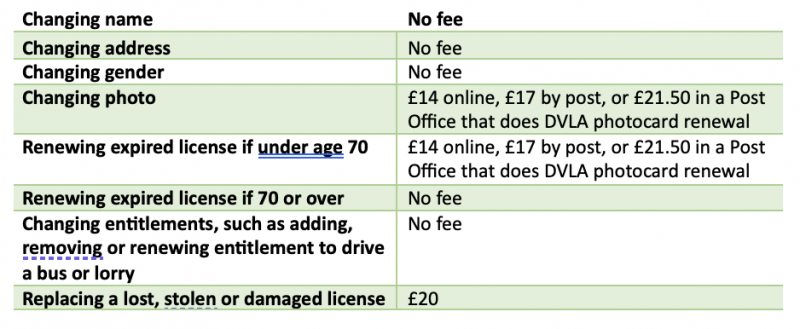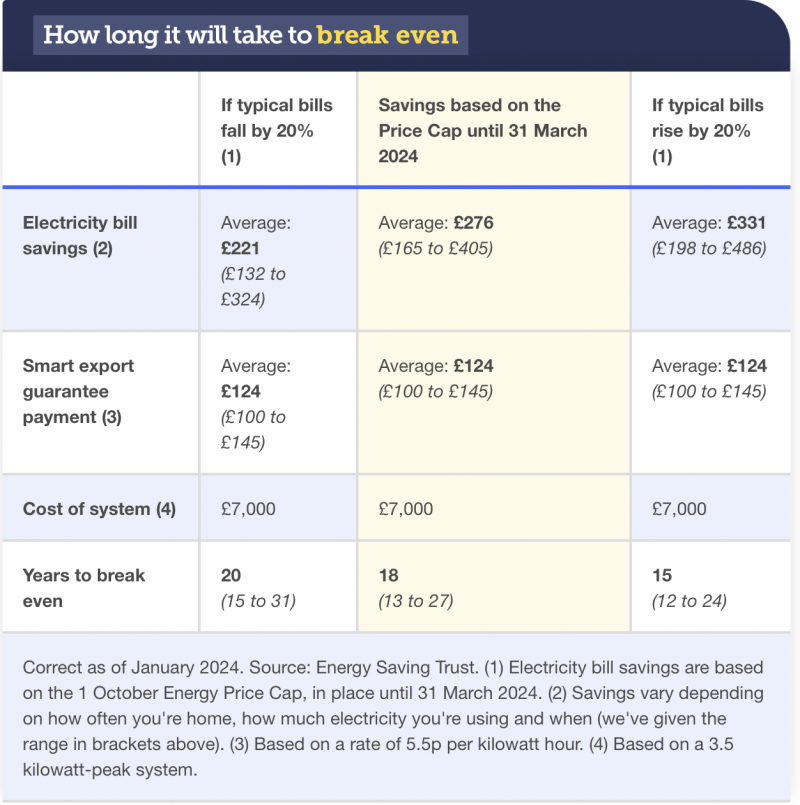It’s important to make sure you keep your driving license and other driving-related documents up to date, or you could be faced with fines.
Expired Driving Licenses
We must renew our photocard license every 10 years, and will receive a reminder to do so before our current license expires. You can renew your driving license online or by post.
Once you reach 70, you have to renew your license and will then have to continue to do so every three years. You will receive a license renewal application 90 days before your 70th birthday.
A study conducted last year by ComparetheMarket found that over 1 in 10 British motorists were unaware that their driving licenses expire.
“Continuing to drive with an expired license – knowingly or unknowingly – could land you with a £1,000 fine. To avoid serious consequences and avoid having a fraudulent driving license, it’s vital to renew your license as soon as it expires.” – Julie Daniels from ComparetheMarket
As stated by Daniels, failing to renew your license when it expires could land you with a £1,000 fine. You can also be fined up to this amount if any details like your name and address are wrong if you get stopped by traffic police, hire a car, or commit a driving offence abroad.
Fees for Changing Driving License
You must also tell the DVLA if you need to change your name, address or gender on your driving license in order to get a new one. It does not cost anything to do this, and you can still drive while waiting for your new license to arrive.

If you’re getting your license back after having it taken away, you may also have to pay a fee; the amount will depend on why it was taken away.

If applying for a new license due to any of the five reasons listed above, you will have to do so by post.
Who to Tell if You Change Addresses
As well as applying for a new driving license, you should change the address on your V5C log book. This is usually free to be done and can be completed online. Failing to update your log book could result in a fine up to £1,000.
Additionally, you should update your address details with your car insurer. Location is a factor which affects your car insurance premium, so moving to a new area may make the cost of your insurance go up or down. If you fail to tell your insurer about a change in address, your insurance may become invalid.
If you have breakdown cover, you should let your provider know about the move, particularly if your provider charges different rates based on area.
This guide is intended as a guide for drivers but there are also other people you need to tell if you change address, like HMRC and your bank, so make sure you update any relevant people about a move!
